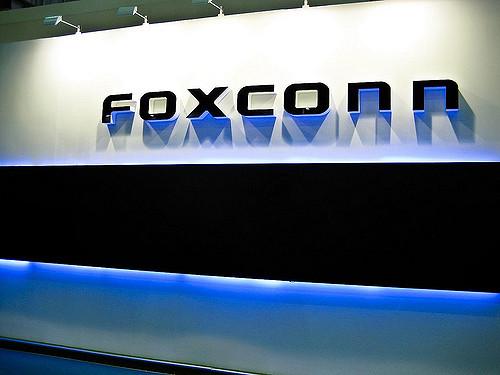Despite being remarkably short on details, the recent agreement between Foxconn and Wisconsin to bring 3,000 to 13,000 jobs to the state has been touted as a “once in a lifetime event” by Gov. Scott Walker. Walker insists Foxconn’s factory will spawn a high-tech hub in southeastern Wisconsin, something he is optimistically calling ‘Wisconn Valley’ in reference to Silicon Valley.
While it’s hard to fault the governor’s attempt to bring good jobs to the region, the Foxconn deal would hurt Wisconsin as it simply gives up too much to a multibillion dollar company.
The deal would not bring 13,000 jobs to Wisconsin right away. The timeline for the project remains remarkably fuzzy, with even Walker’s fellow Republicans asking for clarification as to when exactly the plant would be built.
Furthermore, when, or if, Foxconn builds the plant, it will initially employ roughly 3,000 workers with the ‘potential to grow to 13,000 new jobs.’ A difference of 10,000 jobs is huge, suggesting a lack of a definitive plan on Foxconn’s part to actually build the factory.
Foxconn has backed out of deals with other states in the past and the company recently broke ground on a plant, similar to the one planned for Wisconsin, in Southern China. The new Chinese factory will be able to operate at a much lower cost than the proposed Wisconsin plant.
Experts suggest the current political situation motivates Foxconn to open a factory in Wisconsin as insurance against a trade war, but shifting political winds may make this unnecessary.
If Foxconn decides to make good on their vague assurances and build the plant, Wisconsin taxpayers will be on the hook for billions of dollars. In addition to $150 million in tax breaks, Wisconsin would agree to pay Foxconn $2.85 billion. Walker insists Foxconn won’t get a dime without creating Wisconsin jobs, but even according to the best case scenario, Wisconsin taxpayers would not regain their investment until 2043, with the potential for the date to be later if jobs are taken by workers from Illinois.
Estimates on the low end have Wisconsin taxpayers spending around $250,000 per job, a tremendous amount for a state facing a budget deficit. At what point is job creation simply not worth it? Citizens of the city where the factory ends up will shoulder an added tax burden to expand services to the plant.
Furthermore, environmental questions abound. Foxconn has a troubled history of pollution in China and the manufacturing process at the potential future plant involves potentially harmful chemicals. Yet, the agreement loosens existing regulations for Foxconn.
The deal, as it stands, gives no cause for celebration. Wisconsin has only received a vague assurance of more jobs that will cost Wisconsin taxpayers a fortune if they are created at all. The governor’s perfect scenario has the state of Wisconsin on the hook until at least 2043.
The deal is being spun to score the maximum amount of short term political points, but in the long run it will cost Wisconsin far too much.
Will Maher (wmaher1662@gmail.com) is a sophomore majoring in history and international studies.


